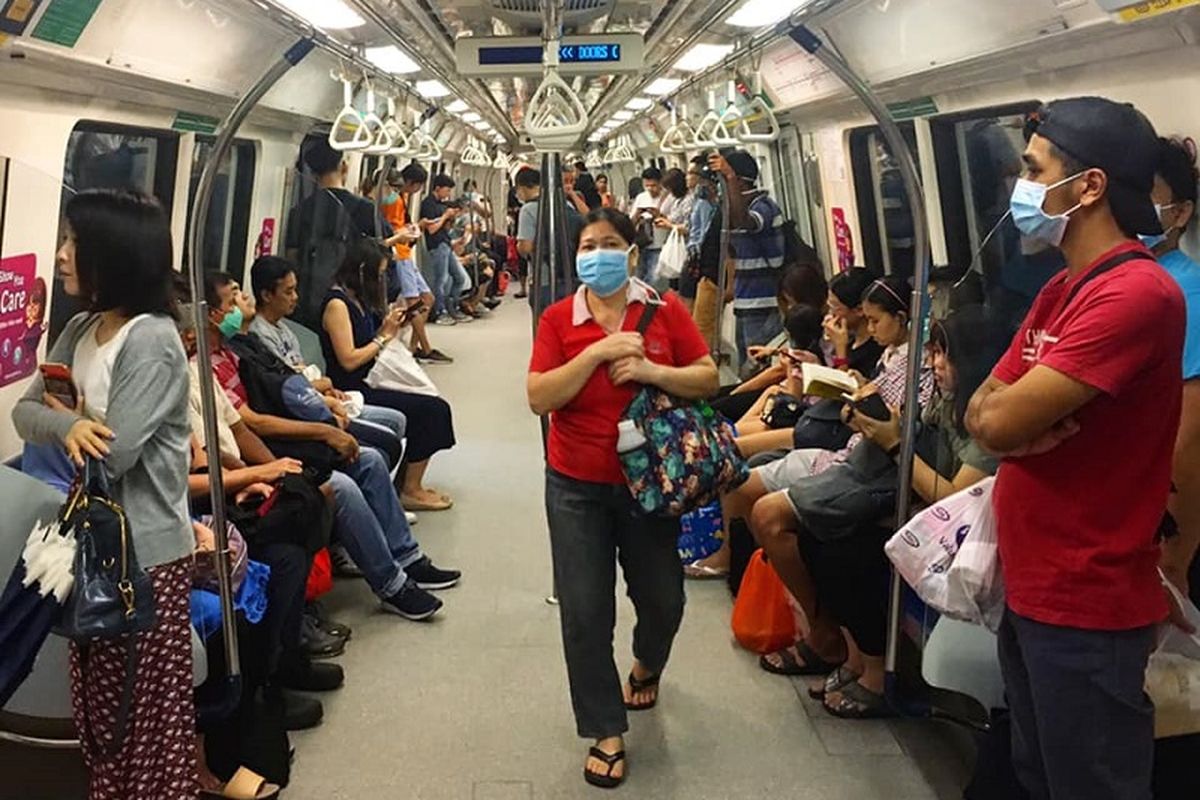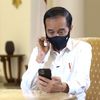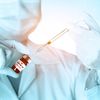Covid Reinfection of Nevada Man Spurs Uncertainty Over Virus Immunity

For some diseases, such as measles, infection confers lifelong immunity. For other pathogens, immunity may be fleeting at best.
The authors said the US patient could have been exposed to a very high dose of the virus the second time around, triggering a more acute reaction. Alternatively, it may have been a more virulent strain of the virus.
Read also: New CDC Coronavirus Guidelines Say Covid-19 Virus is Airborne
Another hypothesis is a mechanism known as antibody dependent enhancement — that is, when antibodies actually make subsequent infections worse, such as with dengue fever.
The researchers pointed out that reinfection of any kind remains rare, with only a handful of confirmed cases out of tens of millions of Covid-19 infections globally.
However, since many cases are asymptomatic and therefore unlikely to have tested positive initially, it may be impossible to know if a given Covid-19 case is the first or second infection.
In a linked comment to The Lancet paper, Akiko Iwasaka, a Professor of Immunobiology and Molecular, Cellular and Developmental Biology at Yale University, said the findings could impact public health measures.
Read also: The Netherlands Rethinks Coronavirus Guidelines on Face Masks as Cases Rise
"As more cases of reinfection surface, the scientific community will have the opportunity to understand better the correlates of protection and how frequently natural infections with SARS-CoV-2 induce that level of immunity," she said.
"This information is key to understanding which vaccines are capable of crossing that threshold to confer individual and herd immunity," added Iwasaka, who was not involved in the study.
(Writer: Patrick Galey)
Source: http://u.afp.com/3KCt
Simak breaking news dan berita pilihan kami langsung di ponselmu. Pilih saluran andalanmu akses berita Kompas.com WhatsApp Channel : https://www.whatsapp.com/channel/0029VaFPbedBPzjZrk13HO3D. Pastikan kamu sudah install aplikasi WhatsApp ya.

































